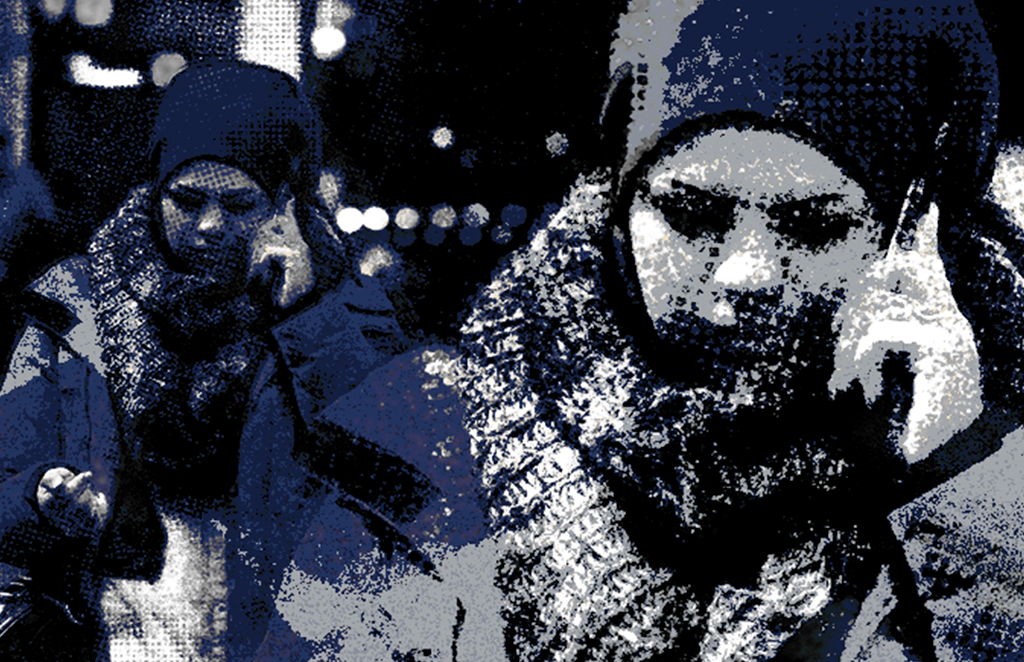
Migrant Rights Update – July 2023
Read our latest update on issues affecting migrants’ digital rights.
Surveillance over saving lives
Last month, we were struck by the horrific news of hundreds of refugees drowning off the coast of Greece. Under the watch of Greek and other European coastal guards, 750 people lost their lives as their boats sank. It is worth noting that the EU had granted Greece €800 million for surveillance equipment and migration deterrence from 2021 to 2027, including drones, thermal cameras, and automated surveillance systems. Shockingly, only €600,000 has been allocated for Search and Rescue capacity. This allocation clearly indicates the goal of prioritising the monitoring of migrants over saving lives.
While hundreds of people are left to drown at sea, the government is actively working on plans to weaponise the border with more surveillance technology, even going as far as scraping migrants’ and refugees’ data before they even reach the shore.
Under the pretext of stopping small boats, the current UK government is expanding the use of surveillance technology at borders, collecting more data and information. In addition, they are undermining the GDPR with the proposed Data Protection and Digital Information Bill. Basically, this means more breaches of migrants’ privacy and data rights and fewer means of defending them.
In response to this issue, ORG, along with more than 15 organizations, has sent an open letter to all parliament members urging them to vote against the UK Data Protection and Digital Information Bill. The letter emphasises the need for stronger safeguards and proposes amendments that protect the data rights of migrants and asylum seekers.
Blocking images of migrant boats
If the Online Safety Bill is passed, images and news posts about small boats could be blocked by social media platforms. The Bill includes provisions to force online platforms to remove ‘illegal’ content before it is even posted. The government has said that this would include content that shows migrants crossing the Channel “in a positive light”. Given that tech platforms risk fines if they don’t comply, they are likely to err on the side of caution, and remove any content that could be considered illegal, including lawful posts.
Blocking news or photos of migrant boats is a crucial step for the UK government before they physically block them from reaching the shores. Blocking news or photos of migrant boats will enable the government to control the narrative surrounding immigration and border policies, avoiding public scrutiny or criticism, as well as potential backlash following migrant boat tragedies. However, such measures will not deter individuals from attempting to cross the channel. As long as there is no safe route for refugees from outside the UK, the influx of small boats is unlikely to cease. Blocking content will only undermine public oversight, transparency, accountability, and human rights. Moreover, this approach may reduce support for humanitarian efforts and obscure the true impact of border policies, limiting public debate and scrutiny.
The visibility of these boats is vital for keeping people on them alive and holding the Home Office and governments accountable for their lack of support and disregard for their international obligations to save lives. ORG is campaigning to amend the Bill to stop this threat to freedom of expression and public debate.
Blocking news or photos of migrant boats is a crucial step for the UK government before they physically block them from reaching the shores. However, removing or filtering content about small boats from websites or social platforms will not make them disappear. It will only suppress public debate and reduce the oversight and scrutiny of the Home Office. The visibility of these boats is vital for keeping people on them alive and holding the Home Office and governments accountable for their lack of support and disregard for their international obligations to save lives.
ORG is campaigning to amend the Bill to stop this threat to freedom of expression and public debate.
Some good news…
On a more positive note, we celebrated ORG Refugee Week this year by publishing seven digital security tips for refugees and, for the first time, in four languages! (Arabic, Farsi, Ukrainian, and English). You can find and download these tips in PDF format or as visual posts from this link.
Furthermore, there has been a significant development as the Court of Appeal judges ruled that it is unlawful to send asylum seekers to Rwanda for processing their claims. We understand that the government intends to appeal the decision, so the case will proceed to the Supreme Court. Fingers crossed the Supreme Court judges will also come down on the side of human rights and finally kill this awful scheme.
Language inclusion
Lastly, we want to emphasise our commitment to language inclusivity at ORG. We strive to ensure that our content is accessible to all. If you would like to read this blog in a different language on our website, please email (sara@openrightsgroup.org) your language preferences. Your feedback is important to us, and we aim to provide our content in a wide range of languages to reach a broader audience.
Refugee Week: digital rights tips
Download a copy of the tips in English, Farsi, Arabic and Ukrainian.
Find out moreMigrant Digital Justice

